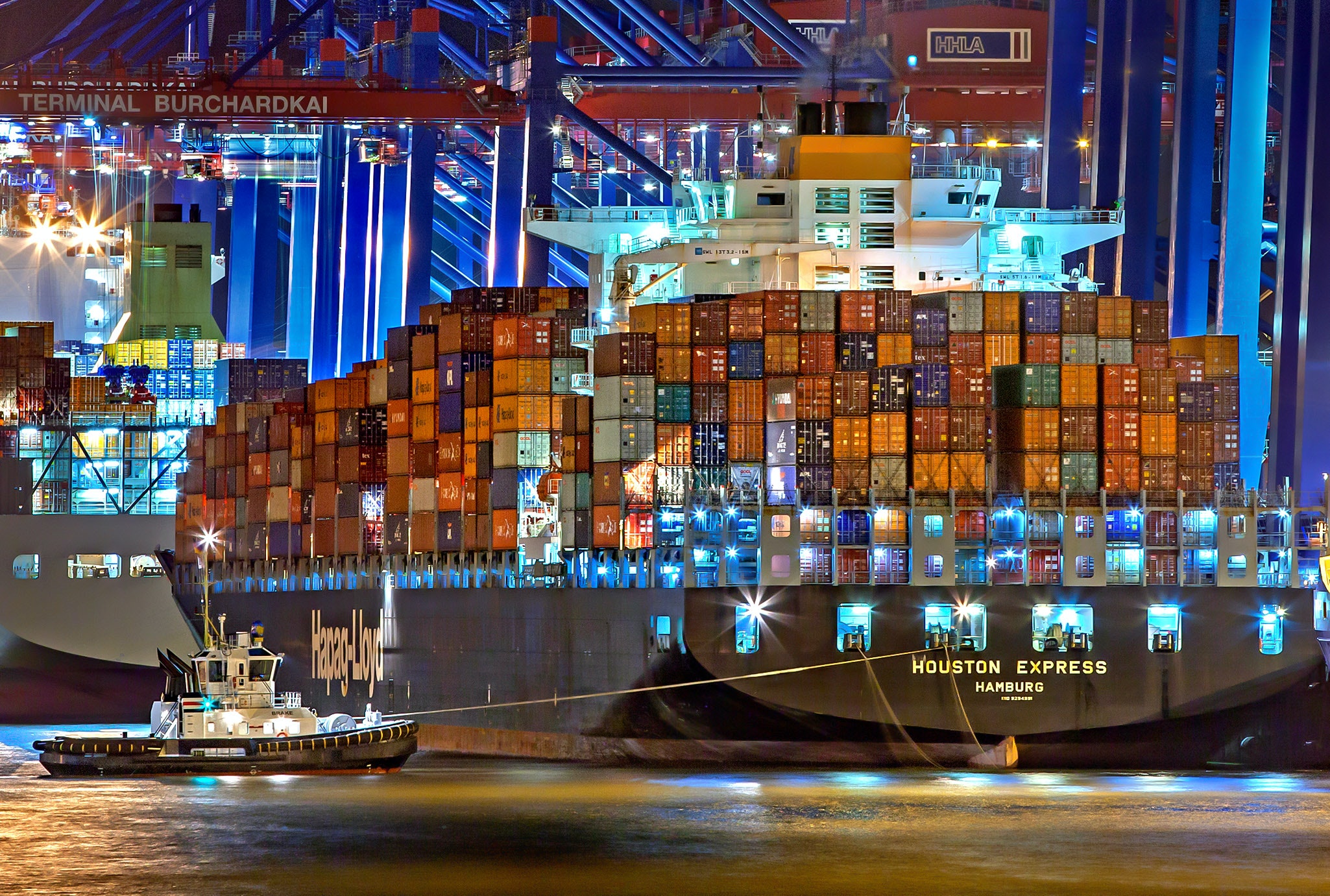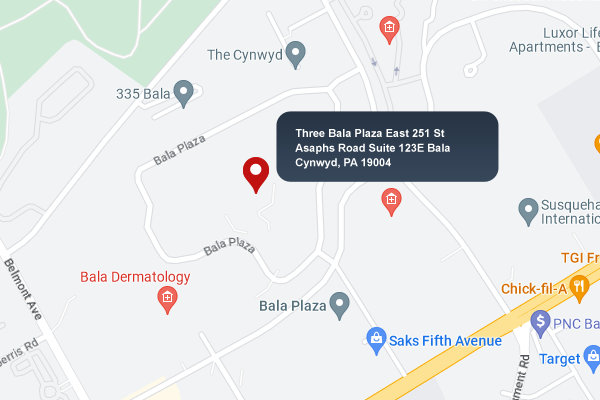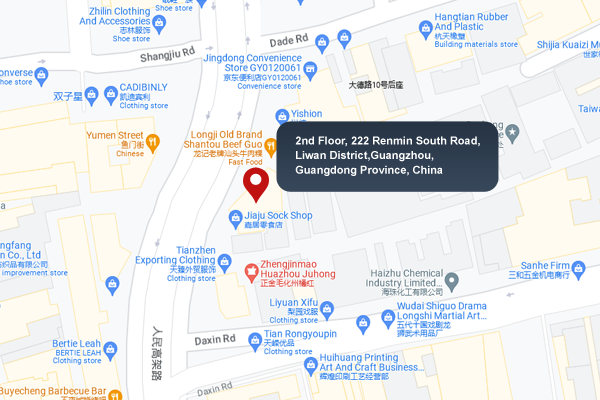Incoterms Defined: Risk, Cost, and Liability in Global Commerce

Incoterms – also known as International Commercial Terms – are a standardized set of trade terms used in international contracts for the sale of goods that define the responsibilities of buyers and sellers in export transactions. These defined responsibilities are the universal language of global trade as they facilitate cross-border transactions by establishing a shared framework for the entities involved. Incoterms transcend the complexities of diverse legal systems and cultural backgrounds.
Choosing the right Incoterm ensures that there are no gray areas in the international transfer of goods between buyer and seller. Selecting the appropriate Incoterm will cover risk management, cost allocation, logistics planning, legal compliance, and the overall success of international trade regarding the specific order.
There are 11 individual Incoterms, with 5 being the most commonly used – those being:
EXW (Ex Works)
DDP (Delivery Duty Paid)
FOB (Free on Board)
CIF (Cost, Insurance, Freight)
FAS (Free Alongside Ship)
EXW - Ex Works
EXW places a majority of the responsibility on the buyer. The seller is only responsible for having the goods ready for collection – this is generally at the seller’s factory or warehouse. The buyer is then responsible for all costs, risks, insurance, export / import procedures, loading & unloading, transportation, and delivery to the final destination. EXW is usually used when sellers do not have the capacity to export goods, or a buyer may want to have full control over the logistics process. Essentially, the seller is only responsible for providing the goods to the buyer.
DDP - Delivery Duty Paid
DDP heavily contrasts EXW as a majority of responsibility is placed on the seller. The buyer is only responsible for unloading the goods at the agreed destination, most likely to be the buyer’s or 3PL warehouse. The seller assumes all costs, risks, insurance, export / import procedures, etc. associated with the order. Buyers benefit heavily from utilizing DDP as there are less risks, costs, and liabilities associated with this Incoterm. While this is a beneficial Incoterm for buyers, sellers must accept a high risk of loss if the process is handled incorrectly, therefore sellers may build in premium in their prices to cover their exposure.
FOB - Free On Board
FOB is arguably the most commonly used Incoterm as it splits costs, risk, and liability. The seller is responsible for all risks, costs, and customs clearances associated with getting the order loaded onto the selected vessel, mostly at the port of the origin country. When a seller quotes an order in FOB Incoterm, the price usually includes transportation from the seller’s facility and handling the order / loading the vessel. Once the order is loaded onto the selected vessel, the buyer assumes all risks and costs associated with the order.
CIF - Cost, Insurance, Freight
CIF is very similar to FOB as the risk associated with the order is the same for the seller – the seller assumes all risks and costs until the order is loaded onto the selected vessel. The only difference being that, with CIF Incoterm, the seller is responsible for the costs of the freight and insurance to the port of the destination country. While under FOB Incoterm, the freight and insurance costs are not provided by the seller. CIF Incoterm requires the seller to secure the freight and insurance services until the point when the shipment arrives at the port of the destination country.
FOS - Free Alongside Ship
FAS is conveniently named, as the risk of goods are transferred once the order is placed alongside the selected vessel. The seller assumes responsibility for all costs and risks up until the goods are placed next to the selected vessel. At this point the buyer is then responsible for loading the goods, as well as all costs and risks associated with the final delivery of the order.


